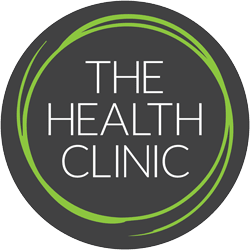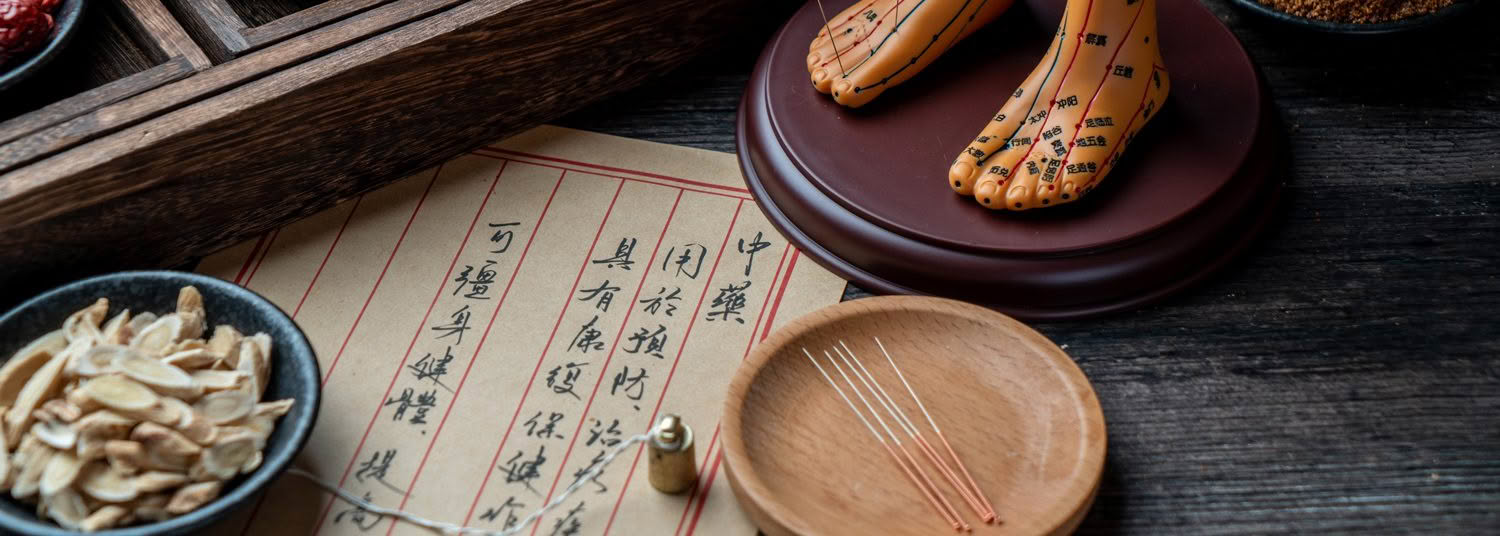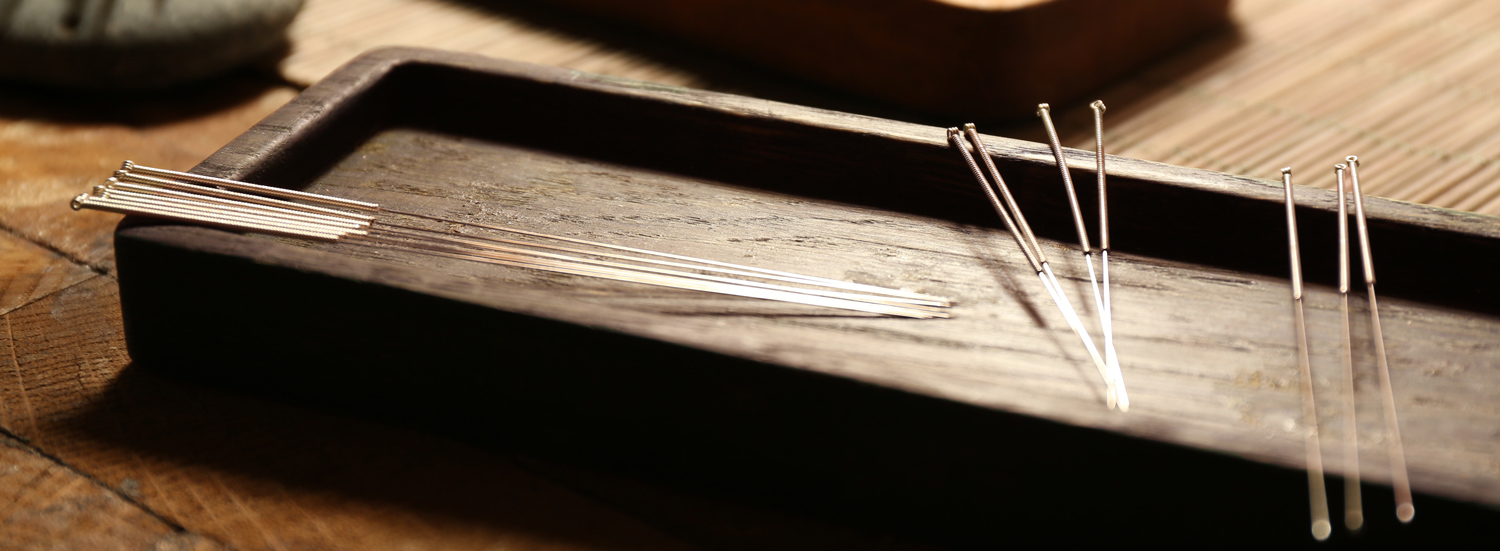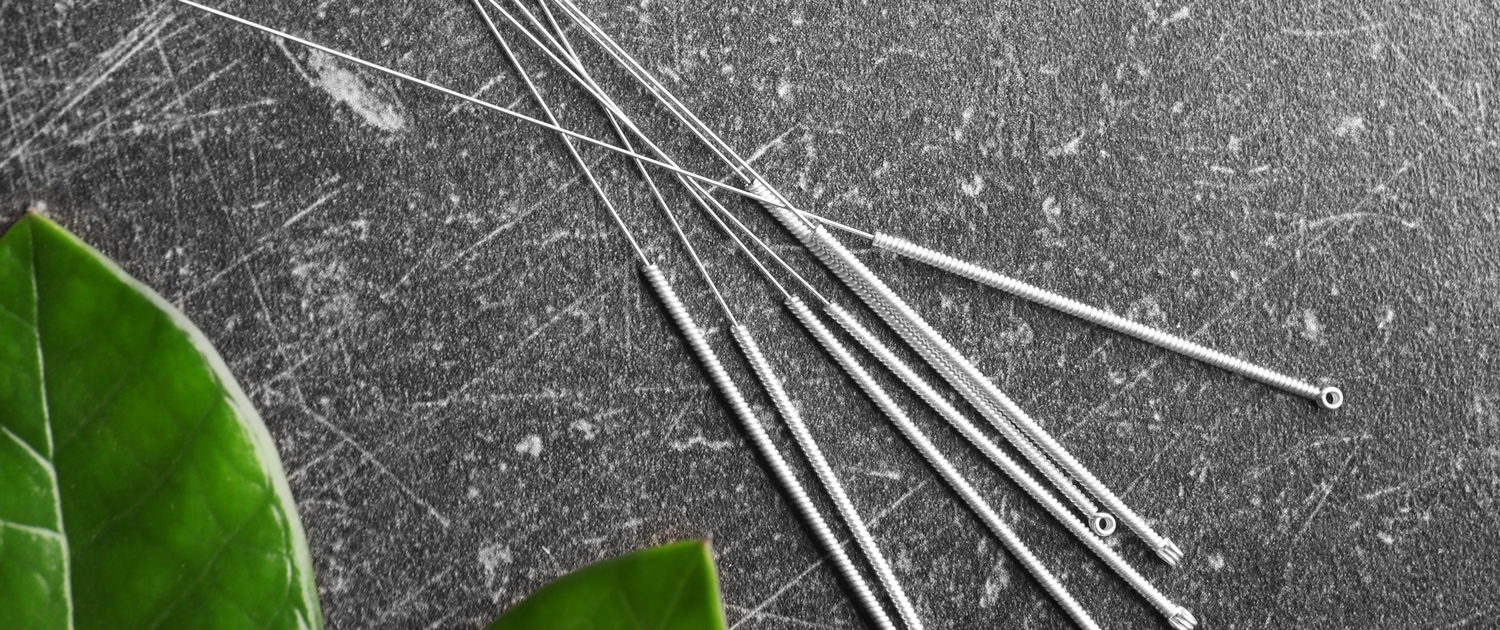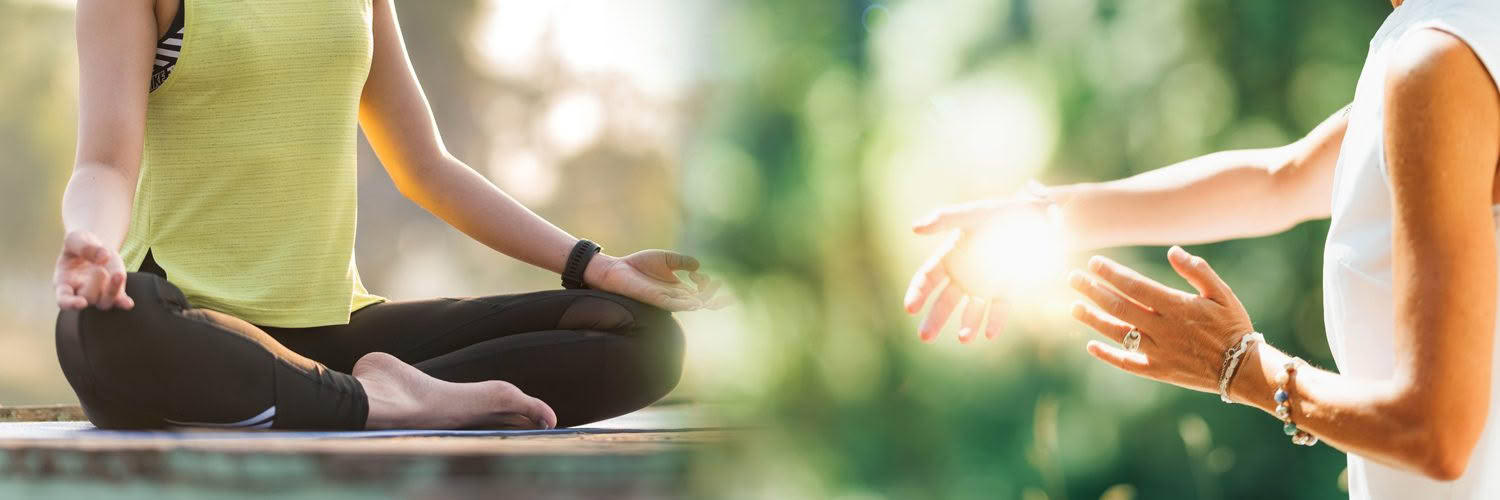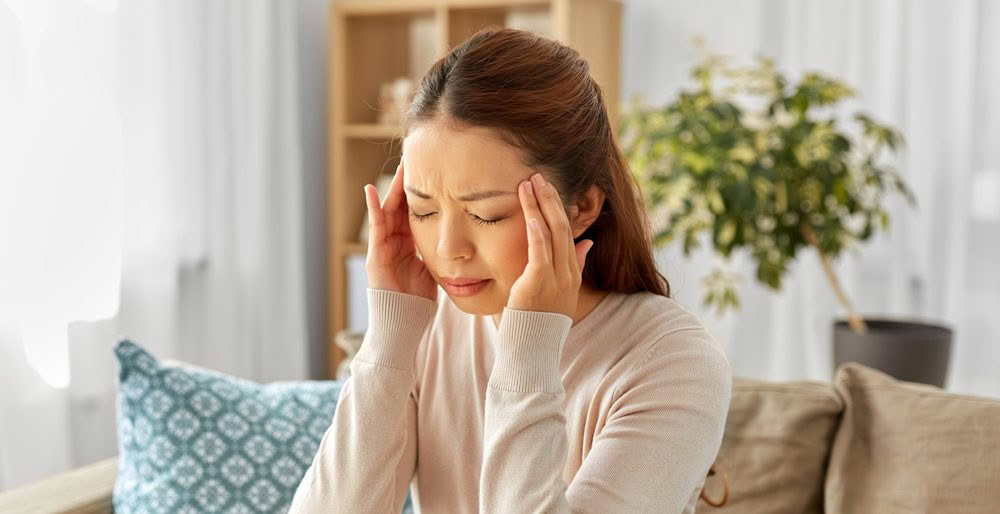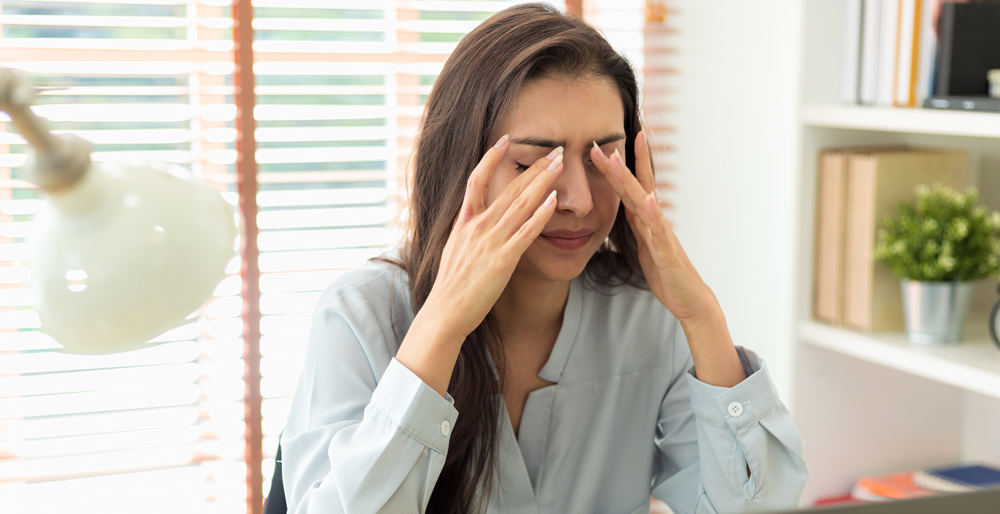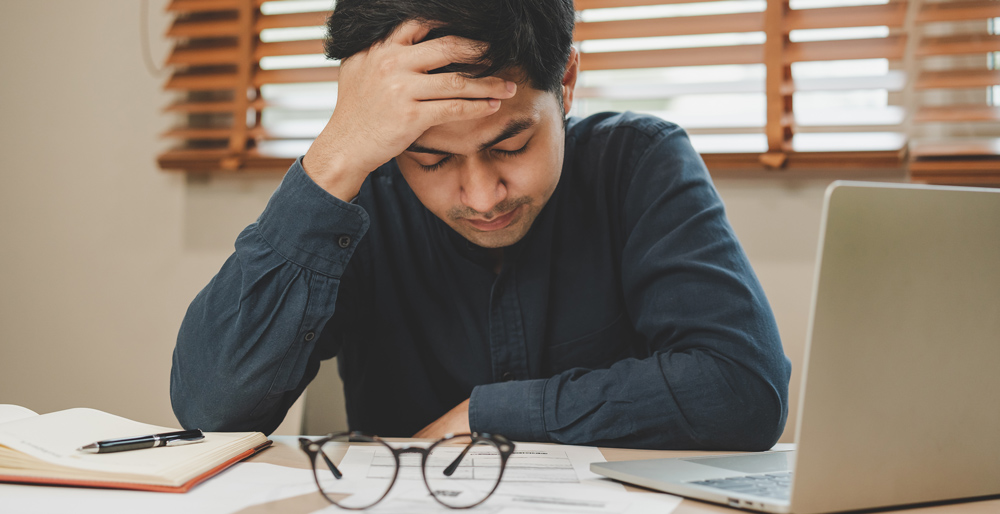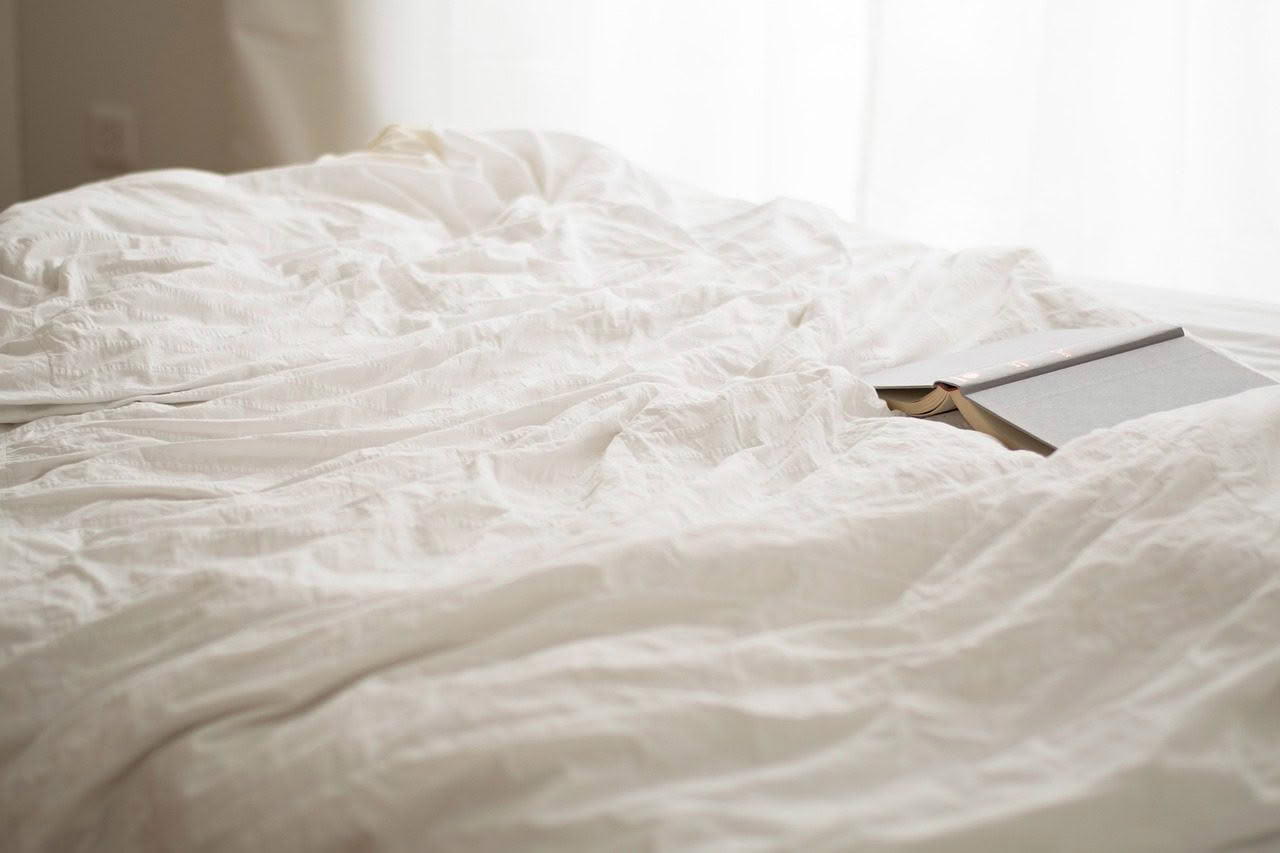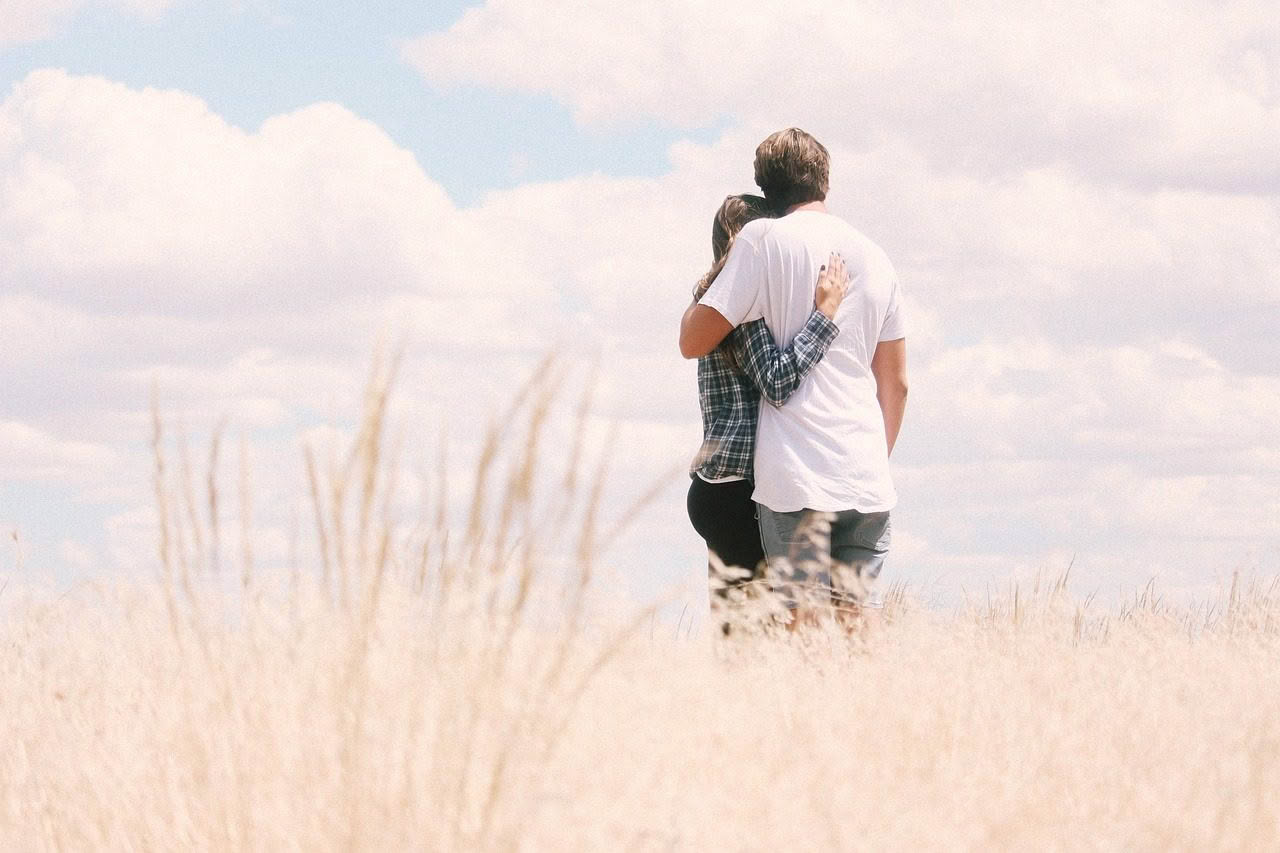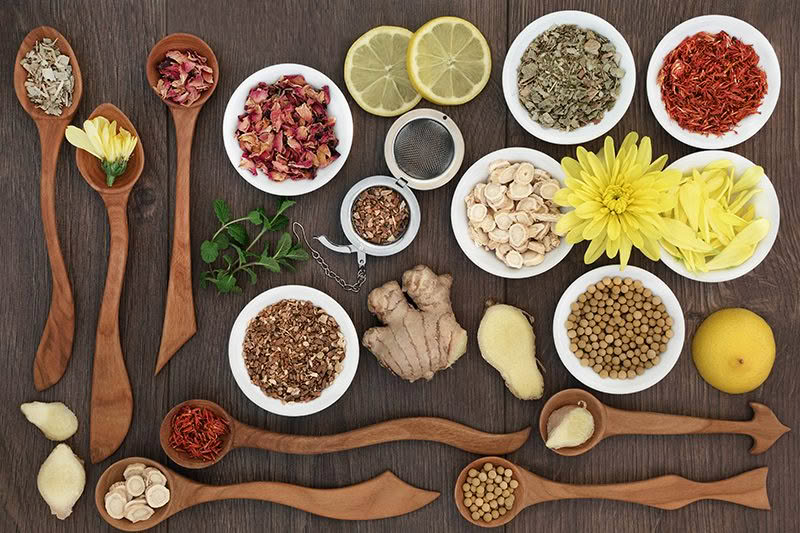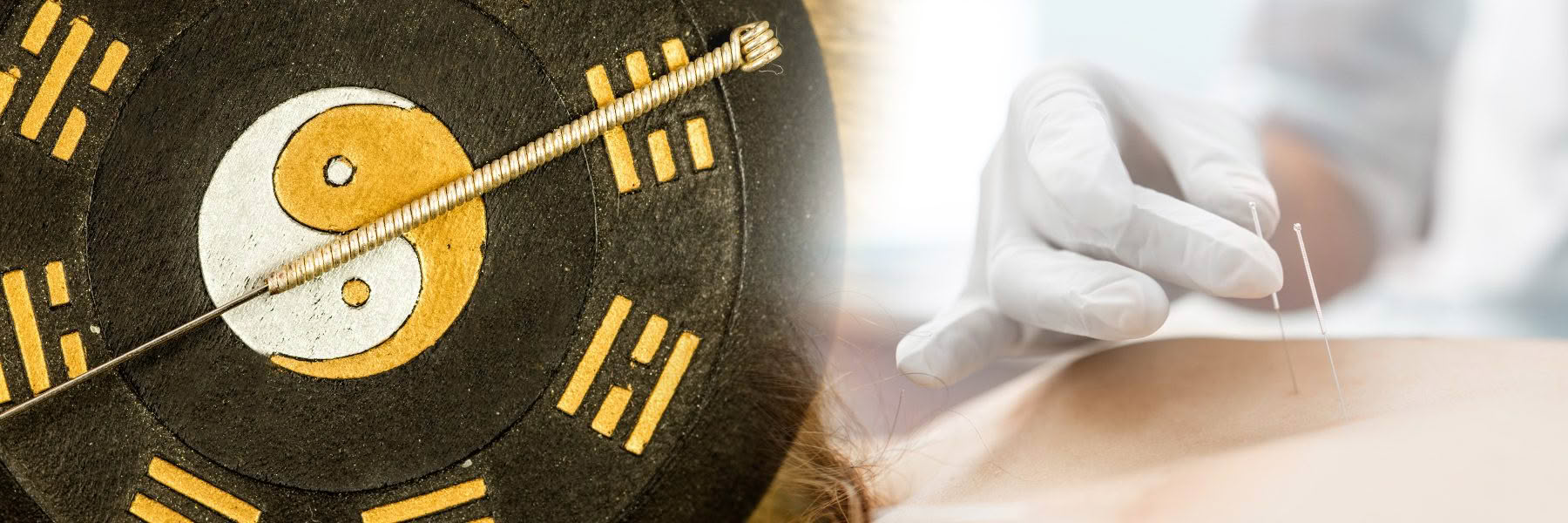
Acupuncture, an ancient healing art originating from China with over 3000 years of history, has garnered widespread attention and adoption in the West. However, it’s essential to understand that not all acupuncture practices are created equal. Traditional Chinese medicine (TCM) and Western acupuncture (WA), often referred to as dry needling, differ significantly in their approaches, philosophies, and effectiveness.
Understanding the Philosophical Divide
Traditional Chinese Acupuncture:
Rooted in millennia-old principles, TCM acupuncture views the body as a complex system of meridians or energy channels through which Qi flows. By stimulating specific points along these meridians, practitioners aim to restore the body’s balance and promote health. TCM acupuncture takes a holistic approach, addressing not just symptoms but also underlying imbalances in the body’s energy, while also reviewing what the patient is experiencing in daily life and also their own health complaints, as varied or wide as they may be.
Western Acupuncture (Dry Needling):
In contrast, WA, also known as dry needling, primarily targets trigger points or “Ashi points” associated with pain and muscle tension. It focuses on relieving localized discomfort rather than addressing broader systemic imbalances. While it may provide temporary relief for musculoskeletal issues, it lacks the comprehensive approach of Traditional Chinese Medicine acupuncture. More often than not, some therapists have taken a 2 day weekend course and then call themselves ‘acupuncturists’, and in some regard bastardise the legacy and extensive training TCM practitioners have to go through to understand the complex body systems, channels, point theories and application of TCM. It is this lack of knowledge and piggy backing on a ’brand’ that can in some instances give TCM a bad name.
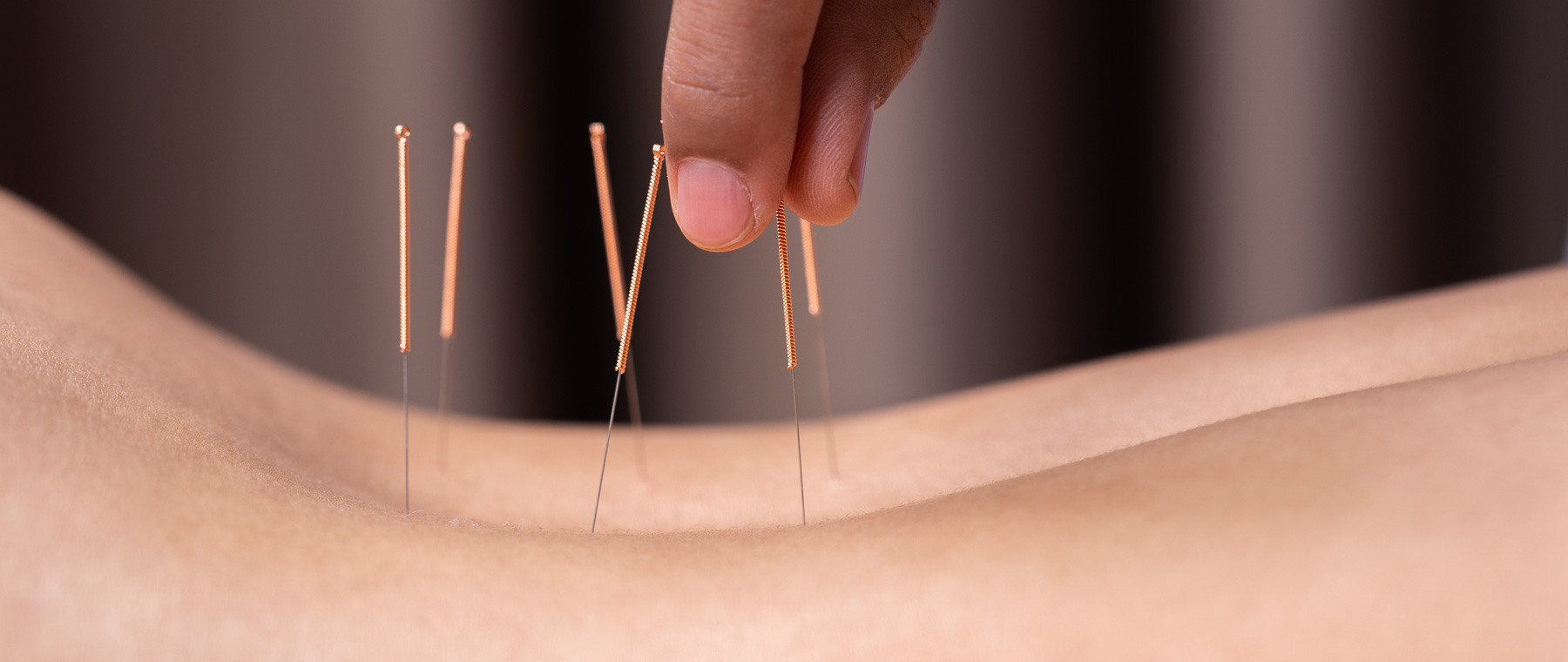
The Limitations of Western Acupuncture
Localized Focus: Western acupuncture typically concentrates on specific pain points, neglecting the interconnectedness of the body’s systems. This limited perspective fails to address underlying root causes of illness or dysfunction. In TCM we have a saying ‘bian bing’ or root and branch. What is the cause, what is the effect and what is the symptom. Some TCM practitioners only look to treat the branch (the symptom) but more often than not, and for myself as a practitioner, I prefer to treat cause and also outcome. While Western acupuncture may offer temporary relief for pain, it often overlooks the underlying root causes of illness and fails to address the holistic needs of patients as a whole.
Symptomatic Treatment: Western acupuncture lacks a holistic framework. It fails to acknowledge the intricate relationship between physical, emotional, and spiritual well-being. A true TCM practitioner will also look or review diet, mood, sleep, bowel functions, menstrual cycles and collectively weave all of this information to understand the patient/person as a whole and then apply practise. As I was always taught, look at the body as if it were a beautiful painting….there is foreground, background, midground…treat what you can see but always respect that the body is multifaceted and complex.
The Time-Tested Wisdom of Traditional Chinese Medicine
Holistic Healing: TCM acupuncture offers a comprehensive approach to health, addressing not just physical symptoms but also emotional and spiritual aspects. By restoring balance to the body’s energy flow, it promotes overall well-being and resilience. TCM also encompasses a preventive medicine type approach. TCM emphasizes preventive care and seeks to maintain harmony within the body to prevent illness before it occurs. Regular acupuncture sessions can help bolster the body’s natural defences and optimize health. In TCM we never strive to remove ‘disharmony’ completely, but more to enable one’s body to help maintain homeostasis.
While Western acupuncture may offer temporary relief for certain ailments, it pales in comparison to the holistic approach and time-tested effectiveness of Traditional Chinese acupuncture. By recognizing the profound differences between these two modalities, we can appreciate the depth of wisdom inherent in TCM and its ability to promote true healing and vitality. As we continue to navigate the complexities of modern healthcare, let us not overlook the ancient wisdom that has guided humanity’s well-being for millennia.
In an attempt to replicate the success of TCM, Western acupuncture often adopts similar techniques and terminology. However, the outcomes and effectiveness of these approaches can vary significantly due to differences in philosophy and practice. TCM encompasses a wide array of therapies beyond acupuncture, including herbal medicine, dietary therapy, moxa, cupping, bleeding and qigong. This multifaceted approach allows practitioners to tailor treatments to each individual’s unique needs and constitution.
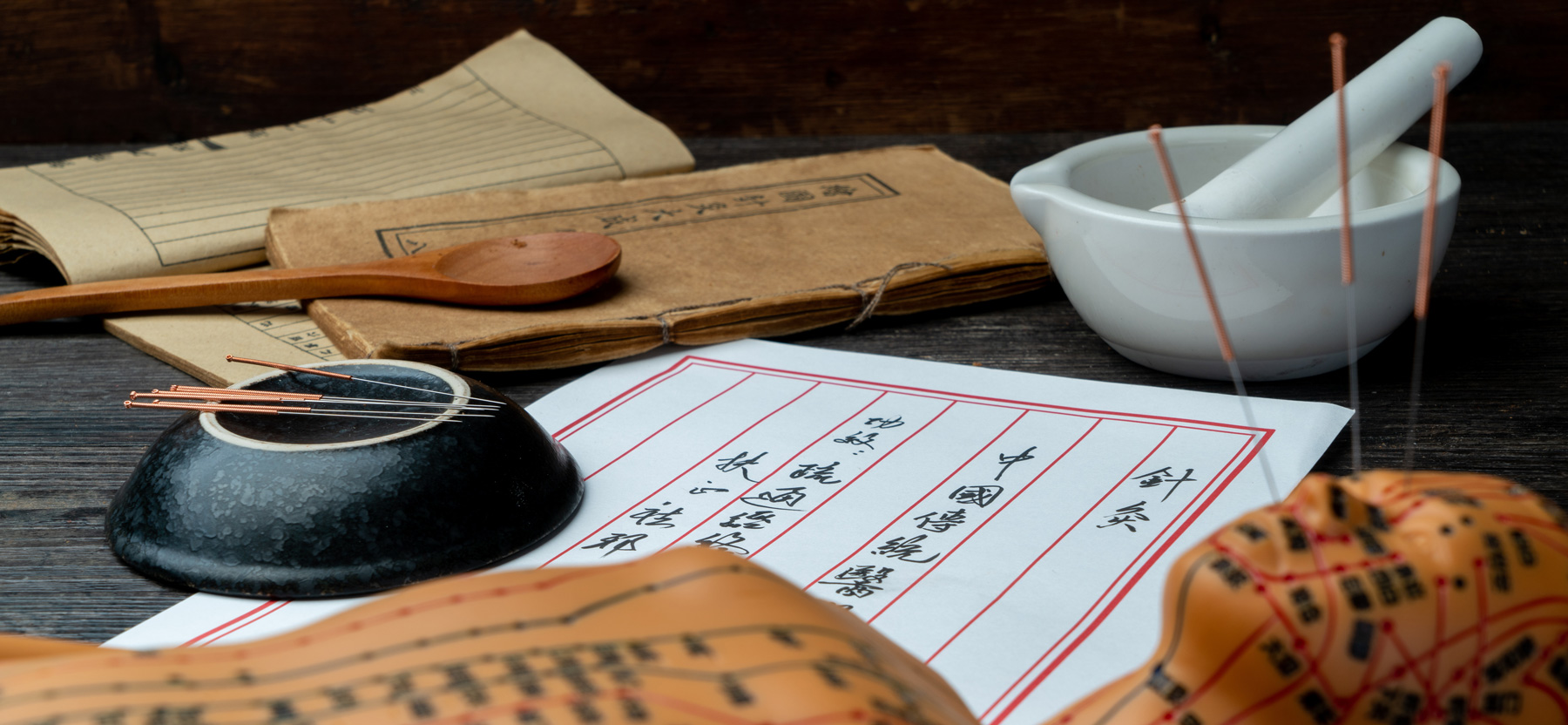
Bridging the Gap: The Divergence Between Traditional Chinese Medicine and Western Acupuncture.
In the realm of alternative medicine, the spotlight often falls on acupuncture, a therapeutic technique with roots tracing back to ancient China. However, as acupuncture gains popularity in Western healthcare systems, a profound divergence emerges between the holistic principles of Traditional Chinese Medicine (TCM) and the more narrowly focused approach of Western acupuncture. Despite efforts to replicate the success of Chinese medicine, scientific studies reveal significant differences in outcomes and effectiveness. Scientific studies on acupuncture have yielded mixed results, with some demonstrating its effectiveness for certain conditions, while others remain inconclusive. However, many of these studies fail to capture the complexity of TCM diagnosis and treatment protocols.
Conclusion: Navigating the Complexities of Healing
As acupuncture continues to gain recognition and acceptance in Western healthcare systems, it’s essential to acknowledge the profound differences between the holistic principles of Traditional Chinese Medicine and the more narrowly focused approach of Western acupuncture. While both modalities have their merits, TCM offers a time-tested framework for holistic healing that goes beyond symptom management. By bridging the gap between science and tradition, we can pave the way for a more integrative and comprehensive approach to healthcare that honours the wisdom of ancient healing traditions while embracing the advancements of modern science.
